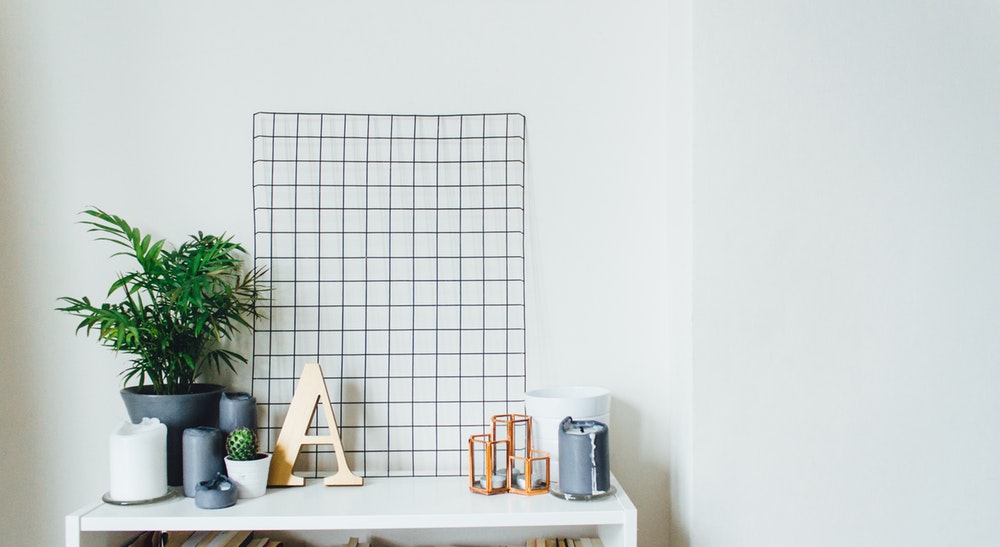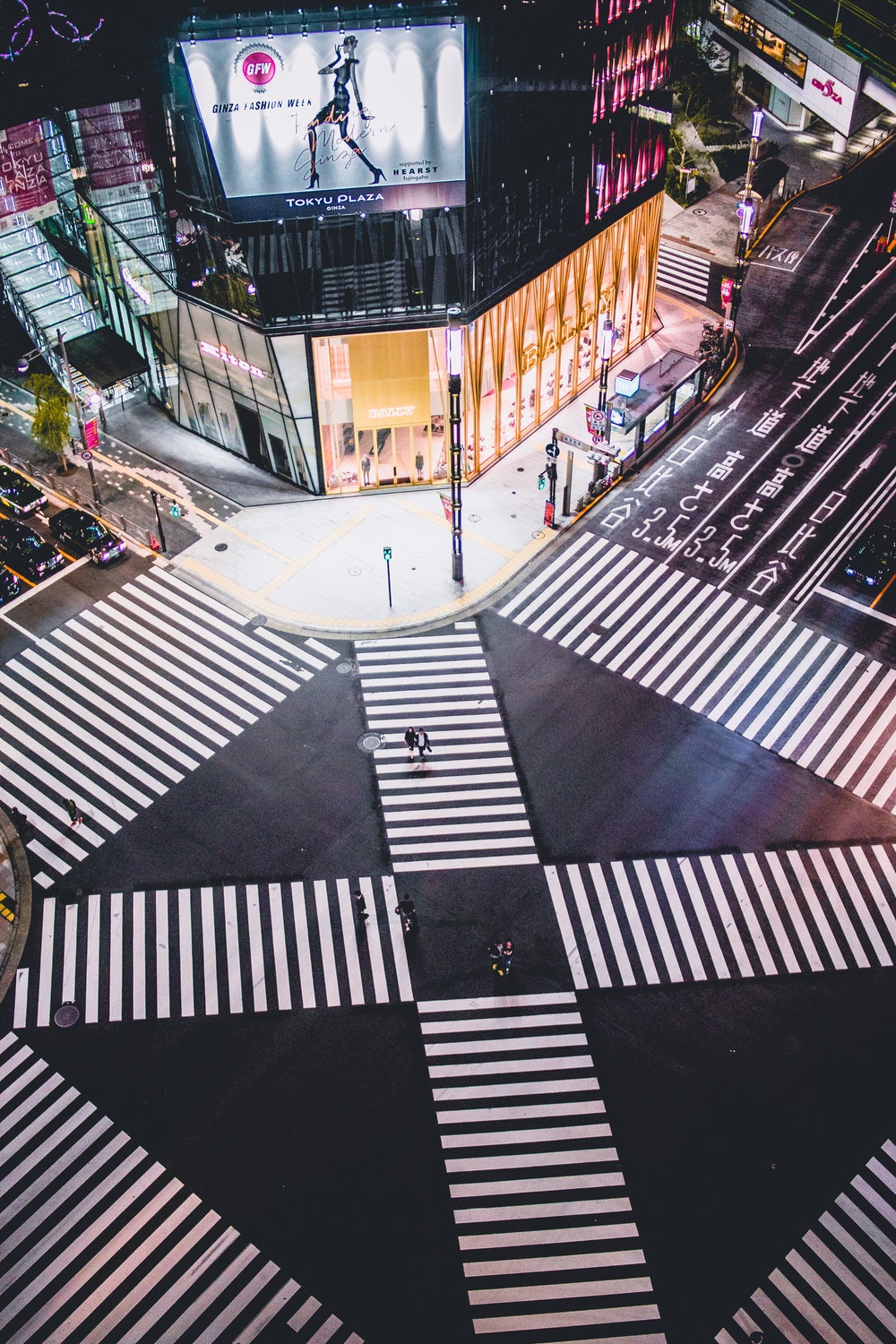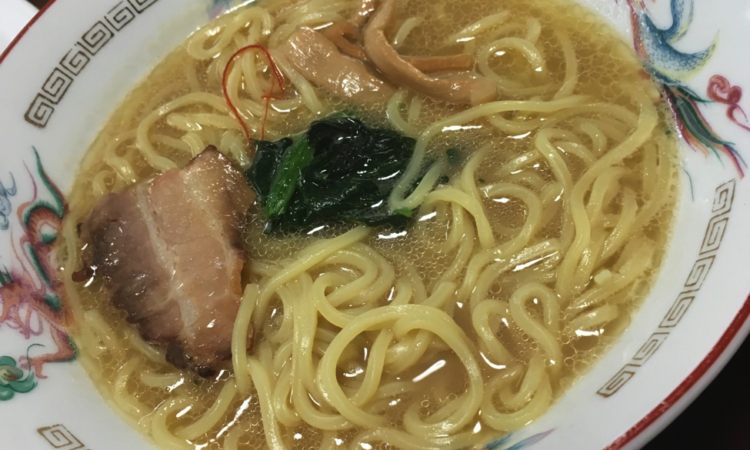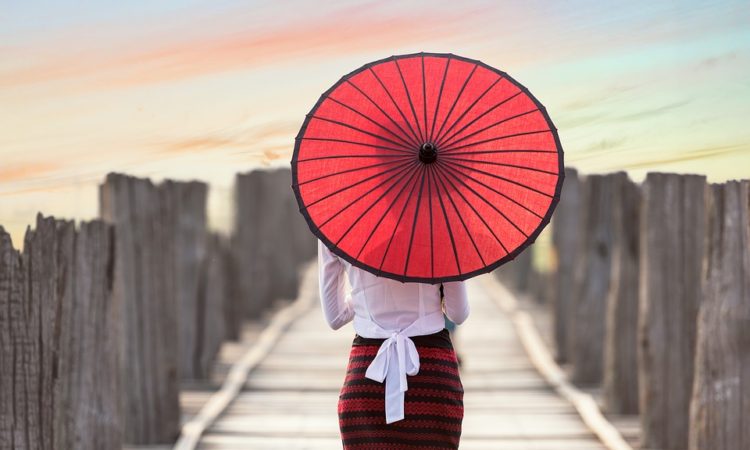Nowadays, shared houses(シェアハウス)are gaining popularity in Japan. Base on what I have observed in Tokyo, Japan, there are many reasons to stay in a shared house. One of the main reasons is that shared houses are affordable even for international students. For your information, residents have their own private room in shared houses, whereas the kitchen, bathroom, shower room, and living room are shared with other residents. This article will help everyone who is looking for a living place in Japan and cannot make a final decision between shared houses and apartment.
Affordable
One of the biggest reason that you should choose the shared houses is affordability. Let’s compare the shared house’s rent is 45,000 yen per month while the apartment (1K or one room)’s rent is up to 100,000 yen per month in certain areas. This price does not include the gas fee, water fee or electricity fee. Furthermore, if you choose an apartment, there are some fees that need to be paid prior to moving into an apartment to the landlord such as cleaning fee the key money (礼金) which it will be reimbursed when you move out and security deposit (敷金) which it will not be refunded. In short, you will have to have a big budget for the first month. Most of the key money and security deposit in total cost around the rent of1 or 2 months. In addition, you have to have someone who permanently lives in Japan as guarantors (保証人). Some apartment owner will accept only Japanese people. If you can not find a guarantor, you can use a guarantee company (保証会社) service. All you have to do is to pay the fee to them. It costs around the rent of 1 or 2 months. If you are planning to stay longer, the landlord might offer you a discount.
Furnished room
The private rooms are furnished with a bed, desk, wardrobe and air conditioner in a shared house. On the other hand, most apartments are unfurnished. For the short-term stayed residents, it is a good idea to stay in the shared house because you do not have to pay for the garbage when you leave the shared house. Shared houses are already furnished with gadgets such as refrigerator, vacuum rice cooker, microwave, washing machine, dryer, television, and even a kettle. In Japan, If you throw away big garbage, you have to buy a stamp at a convenience store. Each piece of garbage must have a stamp on its package. After that, you have to make a call to the city hall to ask the garbage number. The cost of big garbage varies depending on where you have settled yourself in and the type of garbage. With all these things ready to be used in a shared house, moving in is as simple as opening the door to your own room. Most of the apartments are unfurnished, but some furnished apartments exist in Japan. The furnished house rent is more expensive than an unfurnished apartment. In my opinion, If tenants are short-term residents, love privacy, need a lot of house space. A furnished apartment is worth to deal with because you can easily move in and move out without throwing away a large amount of garbage.
Efficiency
Many shared houses in Tokyo are managed by companies. They hire people to take responsibilities such as cleaning all the shared spaces, taking care of the trash and refilling dishwashing liquid, shampoo, body soap and tissue papers. Trust me, all of these will save you not only time for grocery shopping every single week but also money. When it comes to shared houses, everyone is able to apply for one since most of them have an online application system that you can use from your own computer. The documents you need are only a passport and resident card (在留カード) to make a contract. Some extra documents might be necessary depending on one’s situation. You may even be able to get the key and sign the contract on the very same day. The landlord can be gotten in touch anytime, so you will be able to keep up to date with all invoices, your contract status and other important notices such as declaration. An invoice of the gas fee, electricity fee, water fee, and rent will be sent to you via email every month. On the other hand, living in an apartment, the landlord requires not only your passport and resident card but also references (only Japan citizens can be a guarantor) and the proof of financial ability. In addition, most Japanese are shy to make new friends but living in a shared house makes it easier to make local friends. You can hangout and party with them. It is one of the best way to improve your Japanese language skill.
Social interaction
There is another thing that you cannot experience if you live alone. Choosing a shared house will expand your social circle. You will get to meet new people not only Japanese but also people from around the world while staying at home. It is easier to socialize while staying at home because there is always someone to talk to even at the odd times of the day and night. In an emergency, if you need the help of someone, you have shared mates stand by you to help you. As you know that Japan is the top-ranked safe country in the world but accidents and mental breakdown can happen anytime. Everyone must be aware not only of crime but also of troubles. About 2 years ago, my friends found their housemate needed first aid because he had a chronic disease, and my friends helped him to make a call for an ambulance to save his life. If his housemate lived alone in the apartment, no one could help him on time. Moreover, meeting new people from around the world will help you gain a new perspective of other countries’ experiences, language, and cultures, or when you want to have a party at home or having a meal with your housemates you can share food and taste their local food. Learning a new culture is one of the most interesting and unique things, such as the Chinese people’s birthday always change every year because they count by the Chinese calendar. My friends from an Islamic country have to pray 5 times a day and sometimes they cannot have a meal or even swallow their saliva during the daytime. They have to wait until the sunset so they can have a meal or eat something. Beside all these, your communication skills will be improved and this may help you to find a permanent job or good looking crush in Japan. Based on my experience, I challenged myself to try new things by making a lot of new friends because I was a shy person. I used to have no courage to start a conversation with new people. While I stayed in a shared house, I learned a lot of good things and gain a lot of good memories from my Chinese friends and Filipino friends. I learned how to make simple conversations with new people without being shy. I learned how to share my experience with them. I gained their family secret local food’s recipe from them. Last year, my Chinese friends cooked Chinese nabe (鍋 hot pot). It looked so spicy but it was so delicious! Especially lamb. If you have any idea where can I find this type of nabe in Japan please tell me! I would love to go out and try some! Furthermore, the common space is stocked with many things that facilitate communication, enjoyment, and creativity. Office devices such as WIFI, printer, copy machine, and desk lamps are provided.
Privacy
High rent house for living in an apartment comes with the most privacy you can get if you living alone, which is the huge benefit, whereas cheap rent house cannot provide you with as much privacy as apartments will because you must share common space with other residents. Besides, you cannot choose your housemates. All of them come to stay in the shared house by random. In common living space, you have to be more aware that you share the house with other residents. For someone who loves singing a song while taking a bath, or someone who loves watching a movie with loud sound and want a movie theater in their own room. These will be a trouble for housemates and neighborhoods. However, staying in an apartment is free of embarrassment. You can do whatever you want anytime, any space in your room. Most of the shared houses make a rule that they do not allow residents to party or use washing machine and dryer before 9 AM and after 10 PM. It is kind of a manner for people who live in Japan that they do not make noise at night time. However, most of the apartments in Tokyo also do not allow residents to use the washing machine or dryer before 8 PM and after 11 PM because it will be a troublesome for the neighborhood.
Spacious
Space is a premium thing in Japan. There has some information showed that Ginza’s area (銀座 The most expensive shopping area in Tokyo, Japan) 1 square meter costs 10 million yen. Thus, another profit of living in an apartment is having space for doing your own activities without sharing. Shared house rooms are generally smaller than one room or 1K apartments because some space areas are shared with other residents. From my point of view, I disagree that shared houses have less space than an apartment. You have your own private room PLUS common spaces which are larger than normal apartments and full of useful gadgets. You can enjoy or have activities with other residents anytime.
Wide selection
Apartments are literally everywhere in Tokyo. There are easily found along the train station, bus stop, near the super market or closes to school/university or around that area has a lot of stores especially convenience store (7-11, Lawson or Family mart). If you are already set on living place in a particular area, it will be much easier to find an apartment than a share house. Recently, real estate agencies have their own application which has a simple user interface. You just fill the area in Japan, train station, type of apartment, how far from home to station, space, the age of apartment and any specific requests into the application on your smartphone. The result will show the type of houses which you can select. However, new apartments which close to the train station or bus stop usually so much expensive and have less space area. For your information, you should also check whether or not any people have died in the apartment before renting the apartment from this website. This website shows all of the death cases which happened in each apartment in Japan. when it happened, the place (address and room number) and cause of death are written in the website. The fire sign indicates that there have been death cases. There is a rule for the real estate agency that if individual A killed himself or herself in the apartment, the landlord or real estate agency must tell B (next person who wants to rent the house) before B signed a contract and gave him a discount or any offer. After B moves out and C wants to move in, the landlord or real estate do not have to tell C about suicide case. Unfortunately, I am not really sure about how to find out if someone dies at a shared house. If you can find any interesting website, please tell me!
I believe a shared house is the best option for someone who is looking for the living place in Japan because even students can afford it and communication skill can be improved by making new friends from around the world. You also have a chance to learn many other languages and cultures from native speakers. Reservations for shared houses can be made by searching it up on the Google website. There have many shared house website in Japan. All you have to do is just to select where you want to live or the place that is closed to your school, university or workplace, and check the rent before contacting the owner. Do not hesitate to stay in a shared house. You can gain an awesome experiences even if all you do is stay at home!
Ferinmi/Thailand











